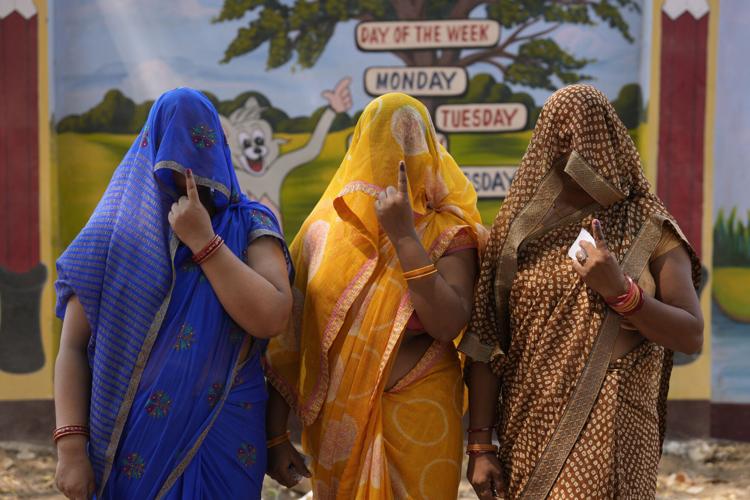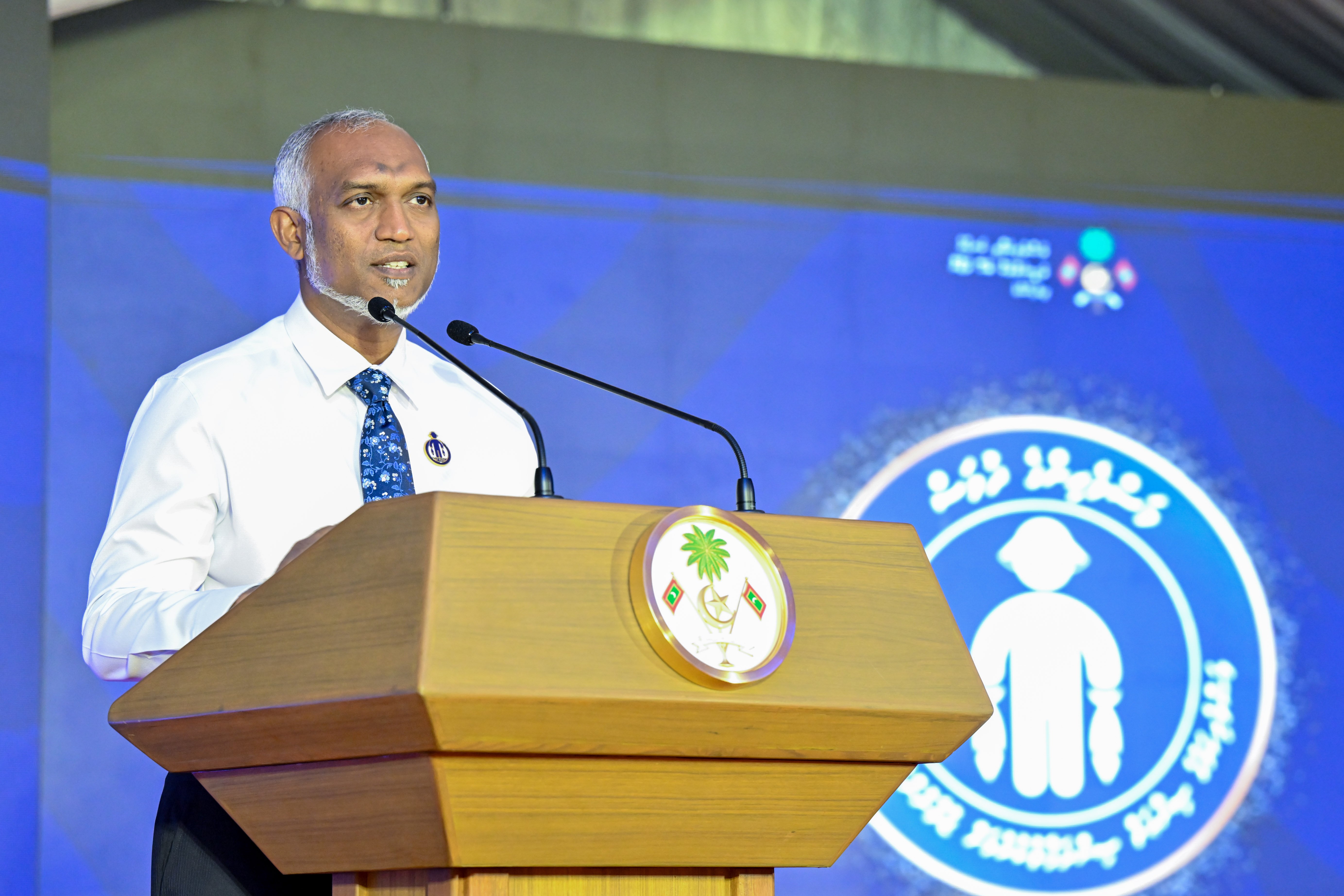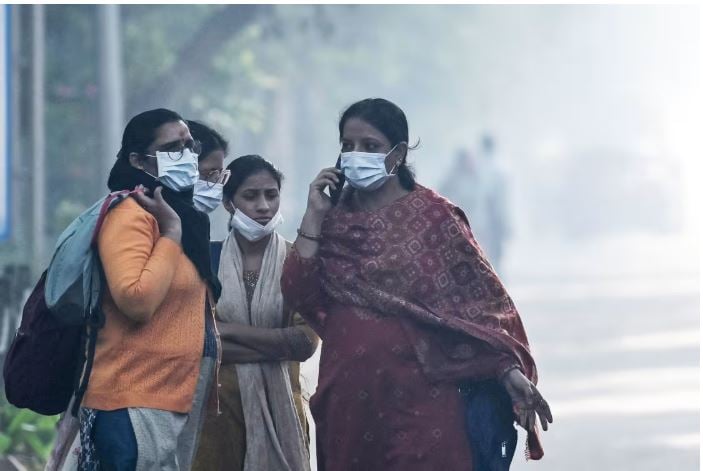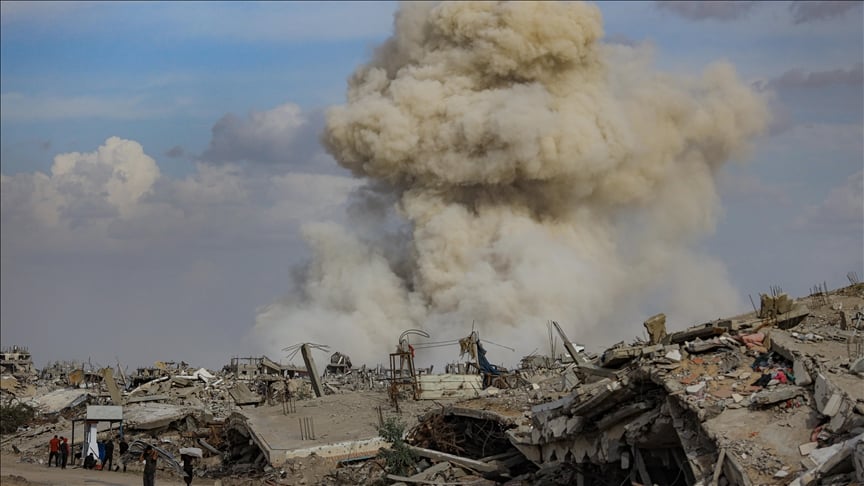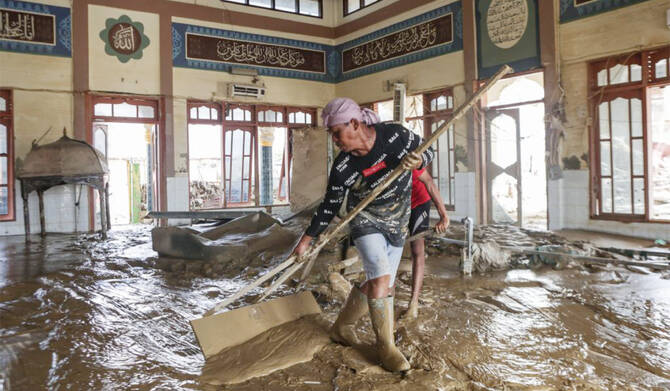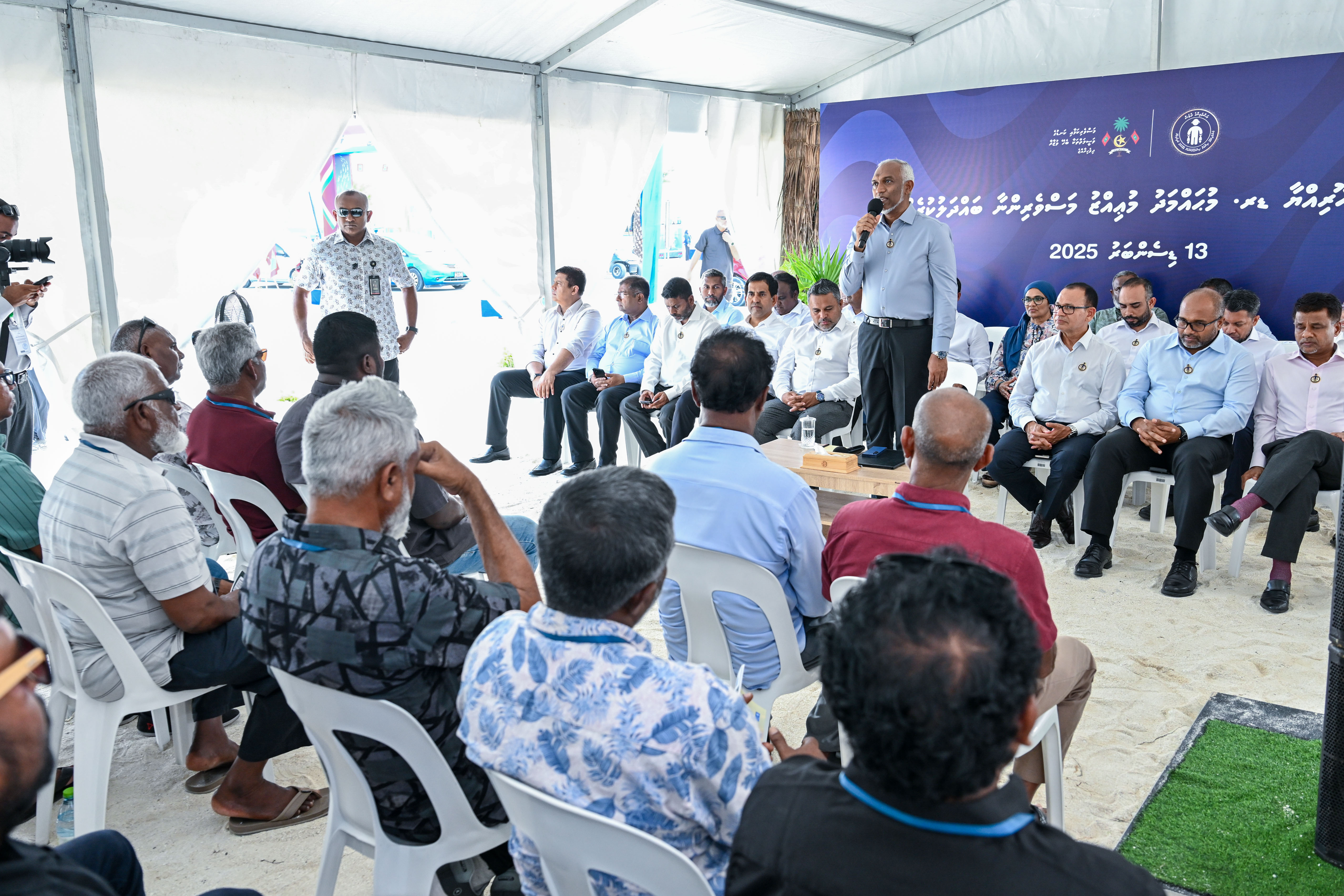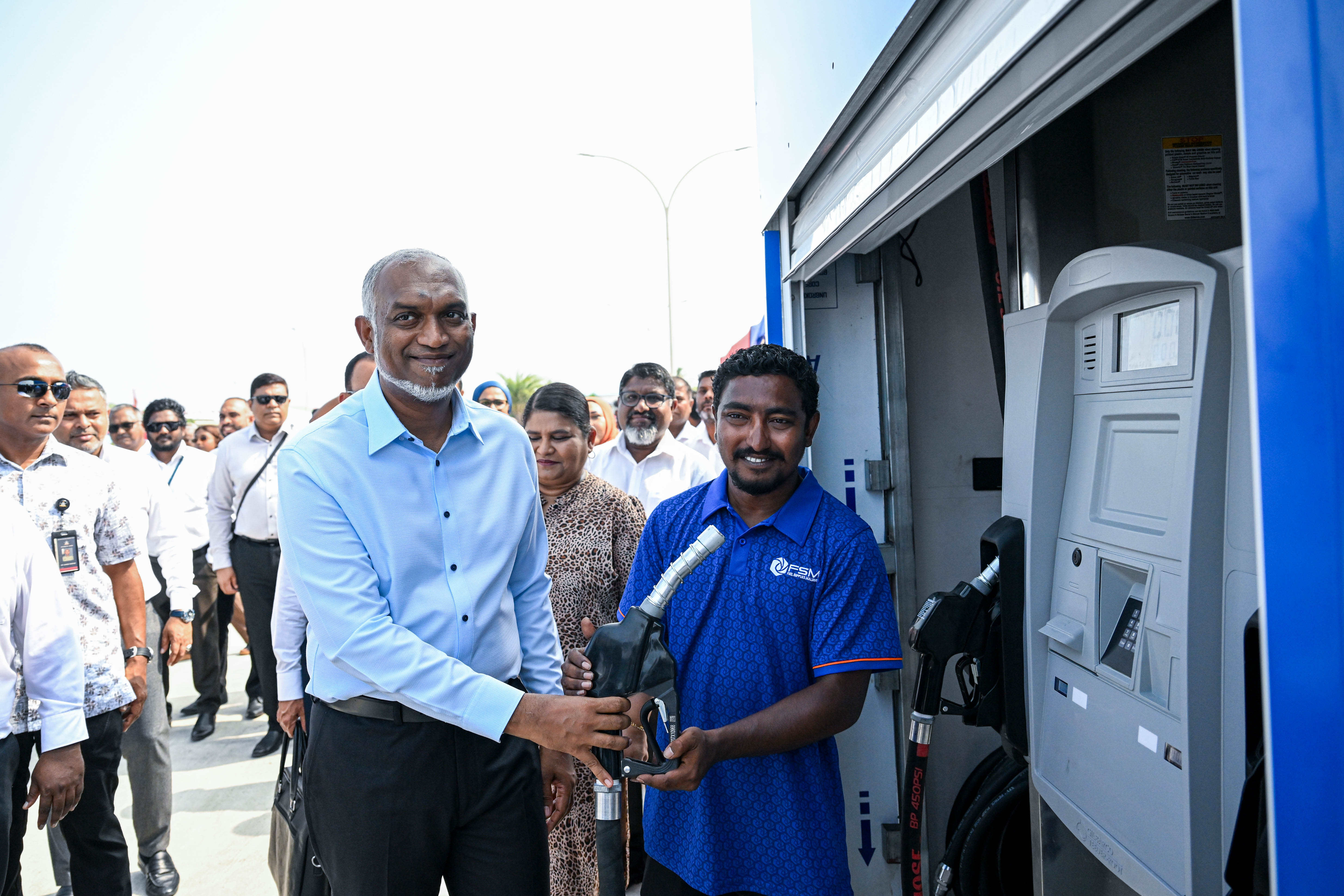Millions of Indians are casting their votes on Saturday in the penultimate round of a demanding national election, with a unified opposition striving to challenge Prime Minister Narendra Modi’s campaign for a third consecutive term for himself and his Hindu nationalist party, the Bharatiya Janata Party (BJP).
Voters lined up at polling stations before voting began at 7 a.m. to avoid the peak summer heat, with temperatures soaring to 43°C (109.4°F) in the afternoon in the capital, New Delhi. Despite the scorching weather, voters like housewife Lakshmi Bansal were undeterred. "This (election) is also like a festival, so I don’t have a problem voting in the heat," she remarked.
Saturday’s voting involves 58 constituencies, including seven in New Delhi, covering 89.5% of the 543 seats in the lower house of Parliament. The final phase of voting on June 1 will complete the six-week election process, with votes set to be counted on June 4. Notable early voters included President Droupadi Murmu, External Affairs Minister S. Jaishankar, and opposition Congress party leaders Sonia Gandhi and Rahul Gandhi.
This election is seen as one of the most significant in India’s history, testing Modi’s political dominance. Should Modi win, he would become only the second Indian leader to secure a third term, following Jawaharlal Nehru, the nation’s first prime minister. The voter turnout in the previous five rounds has been lower than expected, averaging 65.9%, leaving both sides uncertain about the election outcome.
Most polls predict a victory for Modi's BJP, which faces a broad opposition alliance led by the Indian National Congress and influential regional parties. Modi's campaign, characterized by intense rhetoric and personal attacks, was initially framed as a referendum on his ten years of governance. However, following a low voter turnout in the first round, Modi shifted his focus to Hindu nationalism, accusing the Congress party of courting minority Muslim votes.
Nearly 970 million voters—over 10% of the world’s population—are eligible to elect 543 members to the lower house of Parliament for the next five years. Modi first came to power in 2014, ending the Congress party’s dominance, which had governed India for nearly 55 years since its independence from British colonial rule in 1947.
Voters lined up at polling stations before voting began at 7 a.m. to avoid the peak summer heat, with temperatures soaring to 43°C (109.4°F) in the afternoon in the capital, New Delhi. Despite the scorching weather, voters like housewife Lakshmi Bansal were undeterred. "This (election) is also like a festival, so I don’t have a problem voting in the heat," she remarked.
Saturday’s voting involves 58 constituencies, including seven in New Delhi, covering 89.5% of the 543 seats in the lower house of Parliament. The final phase of voting on June 1 will complete the six-week election process, with votes set to be counted on June 4. Notable early voters included President Droupadi Murmu, External Affairs Minister S. Jaishankar, and opposition Congress party leaders Sonia Gandhi and Rahul Gandhi.
This election is seen as one of the most significant in India’s history, testing Modi’s political dominance. Should Modi win, he would become only the second Indian leader to secure a third term, following Jawaharlal Nehru, the nation’s first prime minister. The voter turnout in the previous five rounds has been lower than expected, averaging 65.9%, leaving both sides uncertain about the election outcome.
Most polls predict a victory for Modi's BJP, which faces a broad opposition alliance led by the Indian National Congress and influential regional parties. Modi's campaign, characterized by intense rhetoric and personal attacks, was initially framed as a referendum on his ten years of governance. However, following a low voter turnout in the first round, Modi shifted his focus to Hindu nationalism, accusing the Congress party of courting minority Muslim votes.
Nearly 970 million voters—over 10% of the world’s population—are eligible to elect 543 members to the lower house of Parliament for the next five years. Modi first came to power in 2014, ending the Congress party’s dominance, which had governed India for nearly 55 years since its independence from British colonial rule in 1947.





